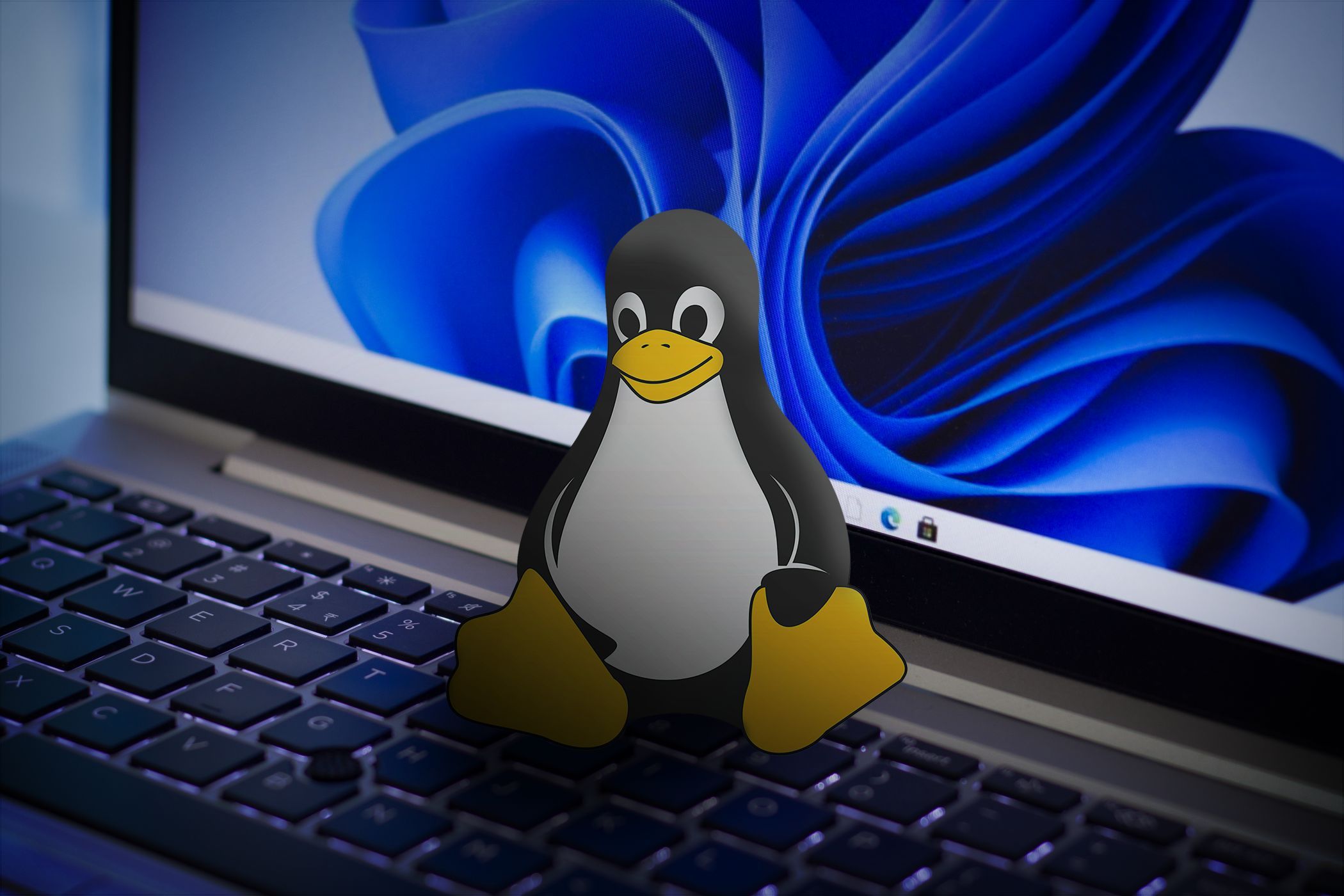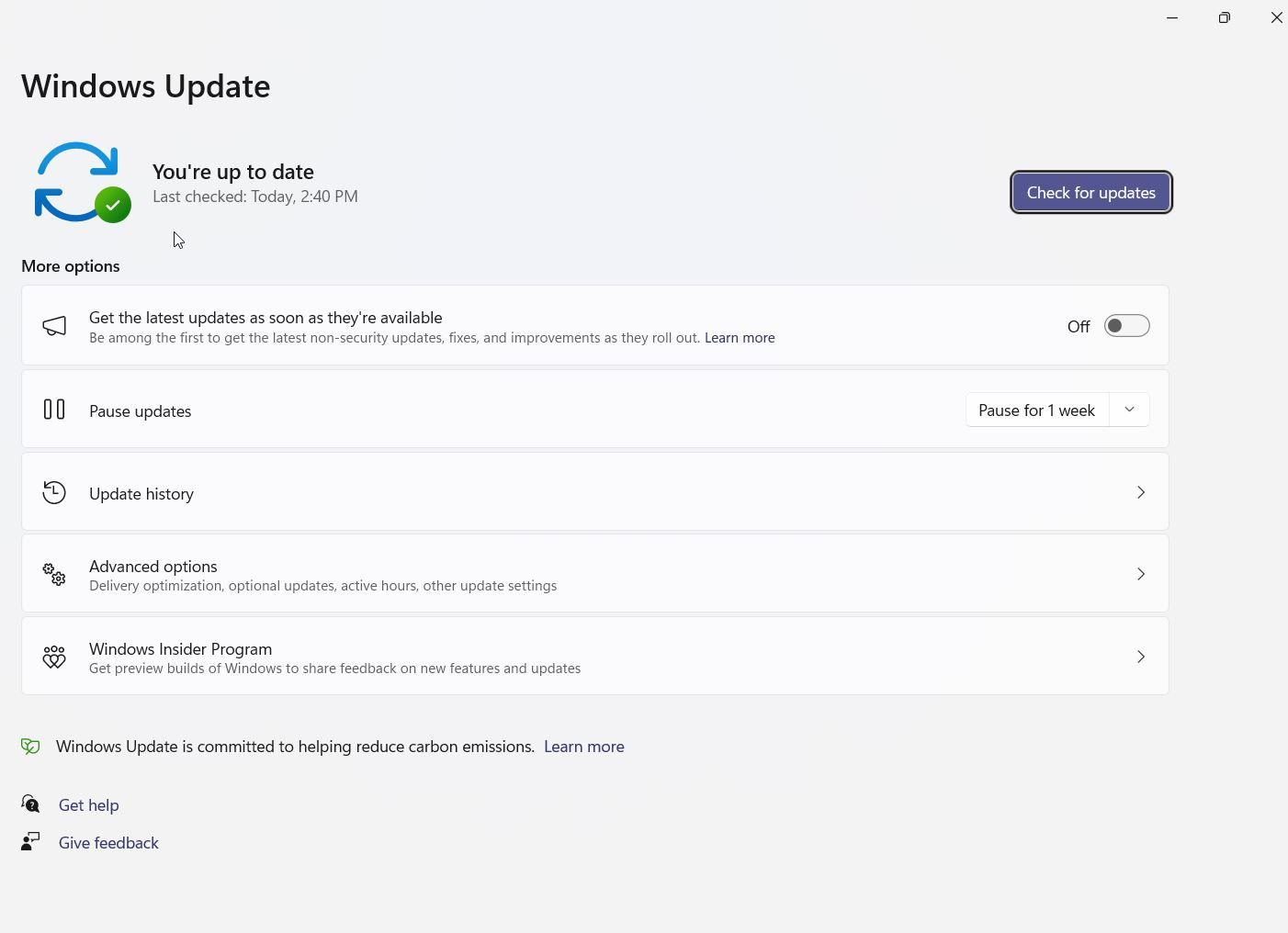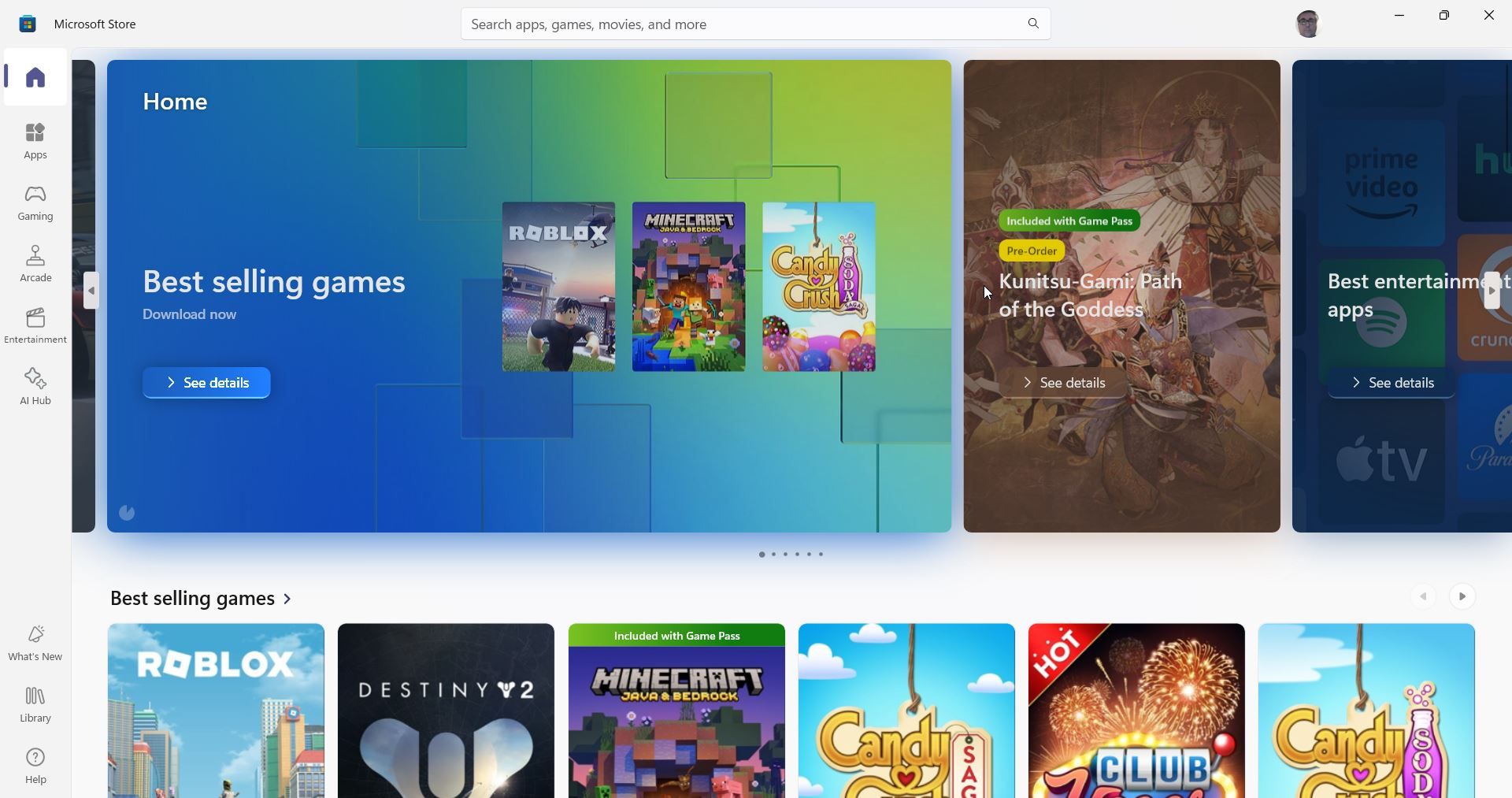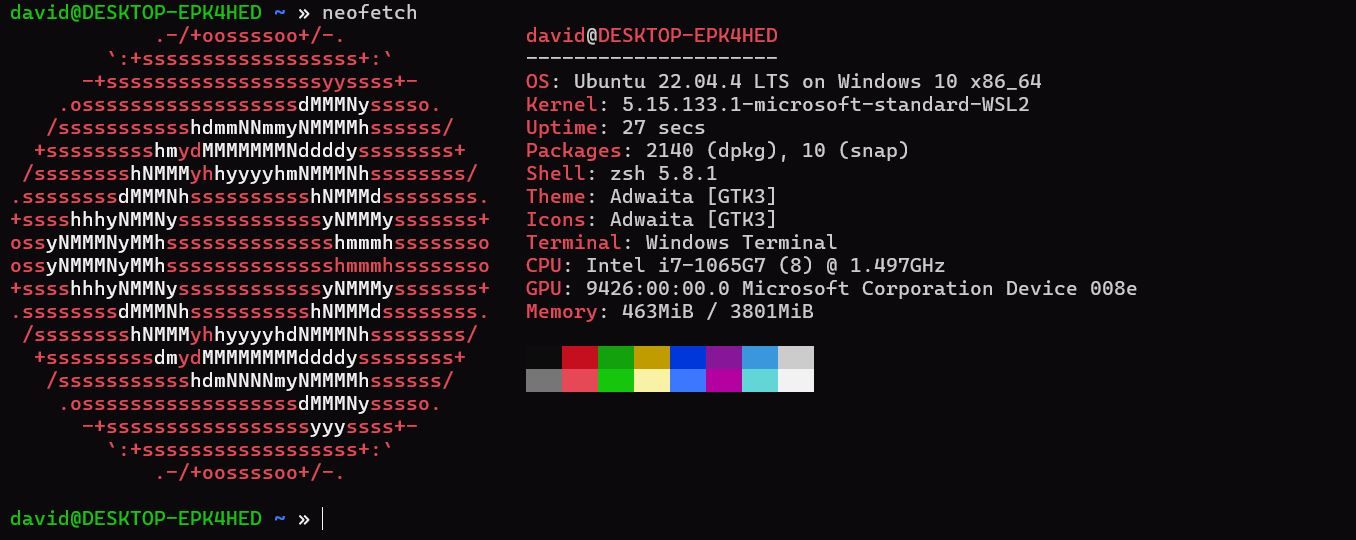5 Ways Using Linux Improved My Windows Experience
4 min read
Key Takeaways
- Linux taught me to leave Windows Registry alone to avoid potential issues
- Linux teaches you effective machine administration, offering transparency – different from Windows, but valuable skills overlap.
- Another Linux lesson: tweak prudently – focus on reliability over perfection. Regular updates and package managers like those in Linux offer powerful utility.
While Windows and Linux are considered rivals, the former is far more popular than the latter. Even though I’m a Linux fan, I still use Windows quite often. However, I’ve learned things from Linux that have made my use of Windows much better.
Linux Taught Me to Leave the Registry Alone
In most posts on Reddit or other forums by people having problems with Windows, one of the first things many suggest is tweaking the Windows Registry. There’s nothing wrong with that, but most times, you don’t have to.
Linux is mainly configured through plain-text files, unlike the Registry on Windows. They’re mostly easy to understand as long as you read the documentation. The Registry is mainly intended for developers to store settings, and if you’re going to modify any settings, be very careful about doing so.
I Learned How to Administer A Machine
Many people think that Linux is difficult to use, and there may be some truth to this claim. One thing that is true is that Linux takes a different approach to administration than Windows. As mentioned earlier, Linux is mainly configured through plain text files. This method has the advantage of transparency. To make system-wide changes, you only need a text editor and a root password.
This is a design trait that Linux inherited from Unix. Unix was intended to be a research project for programmers who knew what they were doing. While there’s more hand-holding on mainstream Linux distros if you want, you tend to get up close and personal with the OS if you use it seriously at all.
This is why if you’re passionate about computers, you should try using Linux, even if it’s just inside a virtual machine. It’s good hands-on training on how to set up and maintain a computer. I’ve been able to apply these skills to Windows, even if the software is different.
Just Because I Can Tweak, Doesn’t Mean I Should
One of the things that excited me the most about Linux over Windows was that I could configure and compile a kernel. This was something I couldn’t do on Windows with its proprietary source code. So I would load the kernel configuration menu, compile the kernel, tell the bootloader where it is on the hard drive, reboot and…get a kernel panic.
This was mainly due to my forgetting to build an initial ramdisk, which allows the kernel to load modules to handle the hard drives. Without getting too technical, this solves a chicken-and-egg problem with booting.
The point is that I didn’t really need to do this. Modern kernels shipped with major distros, despite being relatively large, work pretty well on their own.
Windows culture, particularly around gaming, seems to encourage mindless tweaks. In the real world, having reliable systems is far more important than absolutely perfect systems. Linux taught me not to let perfection be the enemy of the good and to leave things alone unless absolutely necessary.
Linux Lesson: Update, Update, Update
Nothing seems to inspire more dread among Windows users than automatic updates. There are a few reasons for this, but the biggest is the fear of new bugs an update might introduce. Updates aren’t particularly smooth either, requiring quite some time to download and install.
A lot of Windows users delay updates for as long as they possibly can, but it’s something you shouldn’t do. You get a lot of fixes this way, and the longer you wait, the more updates you have to download. If you are worried about interruptions, you can minimize that with Active Hours, for example, by setting them up so updates happen while you’re asleep.
I learned not to fear updates because of using Linux. While there are hiccups, updates are more important. The recent XZ Utils backdoor is a good example. Many Linux distros shipped updates almost as soon as the vulnerability was discovered.
Package Managers Are Awesome!
One neat thing that’s only starting to take hold on Windows is the idea of installing software from a central repository, a feature pioneered on Linux. It’s one reason that Windows 11 and desktop Linux seem more alike than different these days.
Package managers are essential on Linux because Linux programs are built out of shared modules of code, and programs tend to require several of these, called “dependencies,” to run. Before package managers, you had to keep track of these and compile them from source yourself! Package managers save a lot of tedium by managing software and keeping it updated.
Would you prefer downloading individual programs or installing software from one place? The Microsoft Store, Win-get, and Ninite are all good options for installing programs on your Windows PC.
Windows + Linux: A Powerful Combination
As much as I love Linux, there are reasons that I need to run Windows (cough, cough, games), but I don’t have to give up Linux for Windows. One thing Linux culture got right is realizing that it doesn’t have to be either-or. Traditionally, the way to run Linux and Windows was dual-booting, but virtual machines and Windows Subsystem for Linux let you have the best of both worlds: mainstream software on Windows plus the advanced utilities on Linux.









